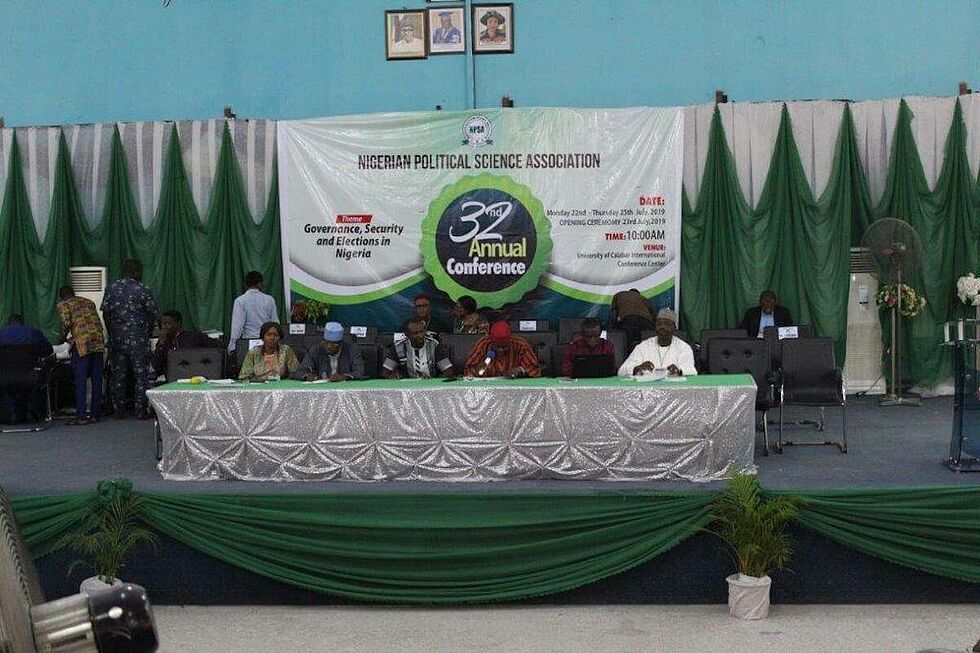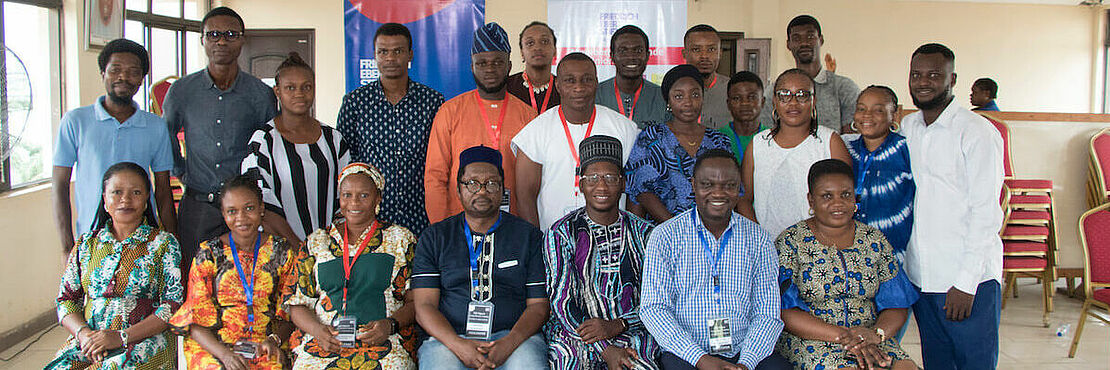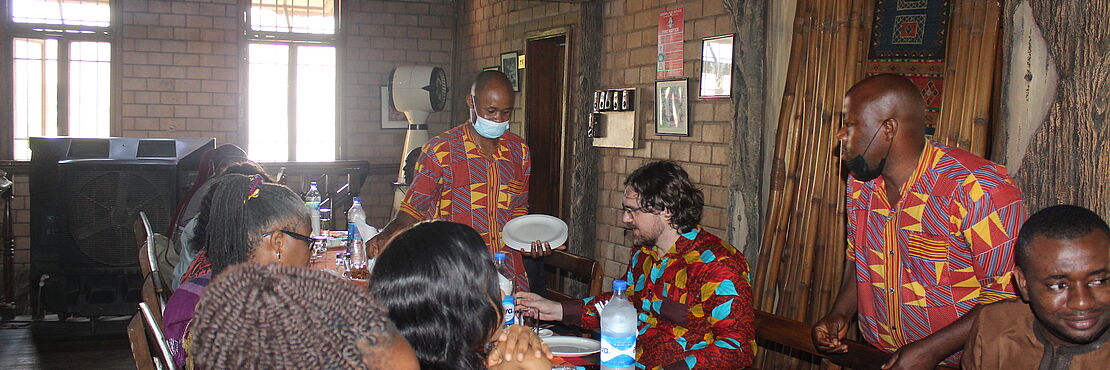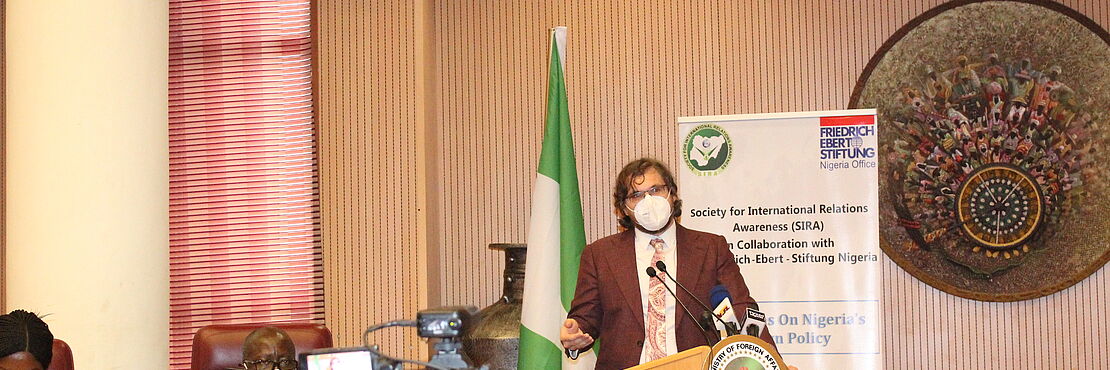Symposium on Restructuring of Nigeria’s Political Economy
As part of the 32nd Annual Conference of the Nigerian Political Science Association (NPSA) in Calabar, on 24 July 2019, a symposium on the restructuring of Nigeria’s political economy was held. ‘Restructuring’ has become a buzzword and the Nigerian media is awash with calls for it. These calls differ in content, orientation, substance and applications. The various contributions during this symposium intended to clarify the different meanings of the concept of restructuring.
During the first presentation by Amaka PQ Uzodimma, it was pointed out that in its essence, restructuring means adjustment and organization for immediate needs. The majority of Nigeria’s geopolitical zones are ready to restructure. The calls centre around natural resources, devolution of powers and true federalism. Following this introductory talk, Professor Godwin, in summarizing the research of Professor Kimse Okoko, emphasized once again that restructuring focuses on natural resources and the perception that it is morally unjust that the revenues from resources produced in the South-South flow to the centre of the country. This leads to calls for fiscal federalism.
The following presentation by Dr Alahira Nachana David raised the point that for restructuring, the Nigerian constitution needs to be amended. Dr Michael Ugwueze emphasized that political and economic restructuring need to happen simultaneously. Despite all those deliberations about the importance of political and economic restructuring, Professor Hassan Saliu made clear that not all problems of the country can be resolved through restructuring. Finally, Professor OBC Nwolise discussed the costs of the unresolved debate on Nigeria’s restructuring.
After the presentations, several crucial comments were raised by the audience. For instance, one participant mentioned that while restructuring at the federal level is important, it also involves the federal, state and local governments. Another participant raised attention to the problems concerning the implementation of the restructured principles. On top of this, one participant asked how we can get citizens of a restructured Nigeria to decolonize and revisit the idea of a state.
These lively discussions on Nigeria’s political and economic restructuring serve as a fruitful basis for future research on the concept.
Friedrich-Ebert-Stiftung
Nigeria Office
P.O.Box. 5142
Wuse, Abuja
Nigeria
Abuja Office
info(at)fes-nigeria.org






